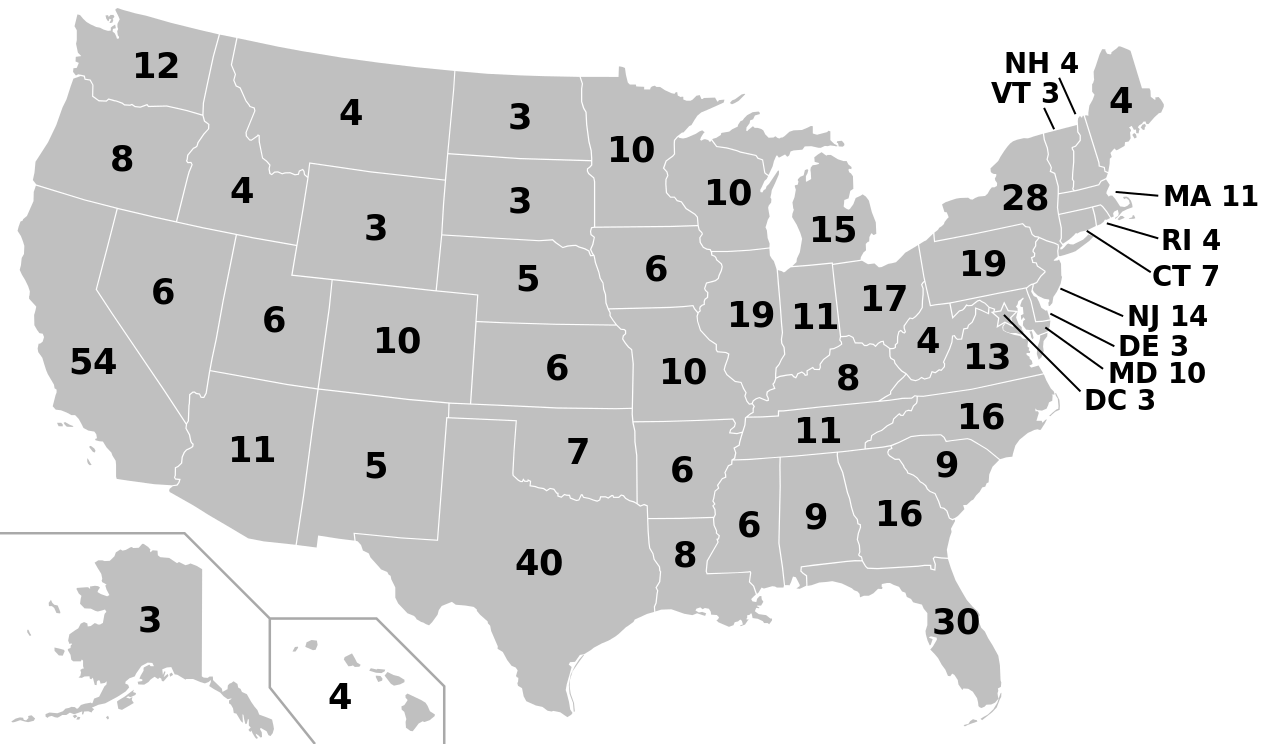Bayer, the parent company of Monsanto, is grappling with a substantial legal setback as a Pennsylvania jury delivers a $2.25 billion verdict over allegations that the widely used Roundup weed killer caused a man’s non-Hodgkin’s lymphoma. This verdict marks another significant blow to Bayer, already facing a litany of lawsuits related to Roundup. The plaintiff, John McKivison, contends that his two-decade use of Roundup on his property led to his cancer diagnosis.
The verdict, handed down in the Philadelphia Common Pleas Court, includes $2 billion in punitive damages. McKivison’s legal representation, the Kline & Specter law firm, announced the jury’s unanimous decision, emphasizing their conclusion that Roundup is a “defective cancer-causing product,” Monsanto was negligent, and the company failed to adequately warn about the potential dangers associated with the herbicide.
The attorneys, Tom Kline and Jason Itkin, released a statement asserting that the jury’s unanimous verdict is a condemnation of Monsanto’s fifty years of misconduct. They argue that the verdict declares Monsanto’s misconduct as being in reckless disregard of human safety and a substantial cause of John McKivison’s cancer.
Bayer, which acquired Monsanto in 2018, swiftly responded to the verdict, expressing its intention to appeal. The company believes it can challenge the “unconstitutionally excessive damage award” and anticipates either elimination or reduction of the awarded amount. In a statement released on Friday, Bayer extended sympathy to the plaintiff but maintained confidence in the safety of its products, asserting that they can be used safely and are not carcinogenic, in line with assessments by expert regulators worldwide.
The history of this legal battle can be traced back to the key ingredient in Roundup – glyphosate. The controversy surrounding glyphosate gained momentum after a 2015 report by the World Health Organization (WHO)’s International Agency for Research on Cancer (IARC), which categorized glyphosate as “probably carcinogenic to humans.” This classification led to a cascade of lawsuits against Monsanto, as hundreds of non-Hodgkin’s lymphoma patients attributed their illnesses to the use of Roundup.
Despite the WHO’s findings, Monsanto continued to sell Roundup, vehemently denying the association between the herbicide and cancer. The company contested the IARC report, pointing to studies supporting the safety of glyphosate. The US Environmental Protection Agency (EPA) in 2020 echoed this sentiment, stating that there were “no risks of concern to human health when glyphosate is used in accordance with its current label.” The European Commission similarly concluded last year that there is “no evidence to classify glyphosate as being carcinogenic.”
However, the legal landscape tells a different story, with numerous lawsuits challenging the safety claims surrounding Roundup. The American Cancer Society acknowledges that the cause of most lymphomas, including non-Hodgkin’s lymphoma, is unknown. Yet, it highlights the potential link between non-Hodgkin’s lymphoma and exposure to certain chemicals found in herbicides and insecticides, indicating that research to “clarify” these potential links is still ongoing.
The Roundup saga has been a prolonged and costly one for Bayer. The Germany-based company has already paid out over $10 billion in settlements to thousands of cancer patients and their estates who sued Monsanto, alleging that Roundup causes non-Hodgkin’s lymphoma. The settlements resulted from cases that did not go to trial, indicating the significant financial toll these legal challenges have taken on Bayer.
Interestingly, very few Roundup-related lawsuits have proceeded to trial. Notable cases, including those of cancer patients Dewayne Johnson, Edwin Hardeman, and Alva and Alberta Pilliod, saw juries siding with the plaintiffs and awarding substantial sums, often in the tens of millions or even billions of dollars. However, judges later reduced these award amounts, deeming them excessively high.
The recent verdict in John McKivison’s case adds another obstacle to the ongoing legal troubles surrounding Roundup. The jury’s decision not only signifies a substantial financial setback for Bayer but also underscores the ongoing concerns and legal battles related to the safety of glyphosate-containing herbicides and could possibly open the door to further lawsuits by others.
As Bayer starts the appeals process and potentially faces more Roundup-related trials, the broader implications extend beyond the company itself. The outcomes of these cases contribute to the ongoing dialogue about the safety of widely used herbicides and the responsibilities of agrochemical giants in ensuring the well-being of consumers. Furthermore, it leaves consumers doubtful as there are conflicting reports, with research pointing to both the safety as well as dangers of glyphosate.
Bayer’s commitment to appeal indicates that this legal saga is far from over, with potential repercussions for the wider agrochemical industry and the ongoing discourse on the safety of glyphosate-containing products.









Leave a Reply